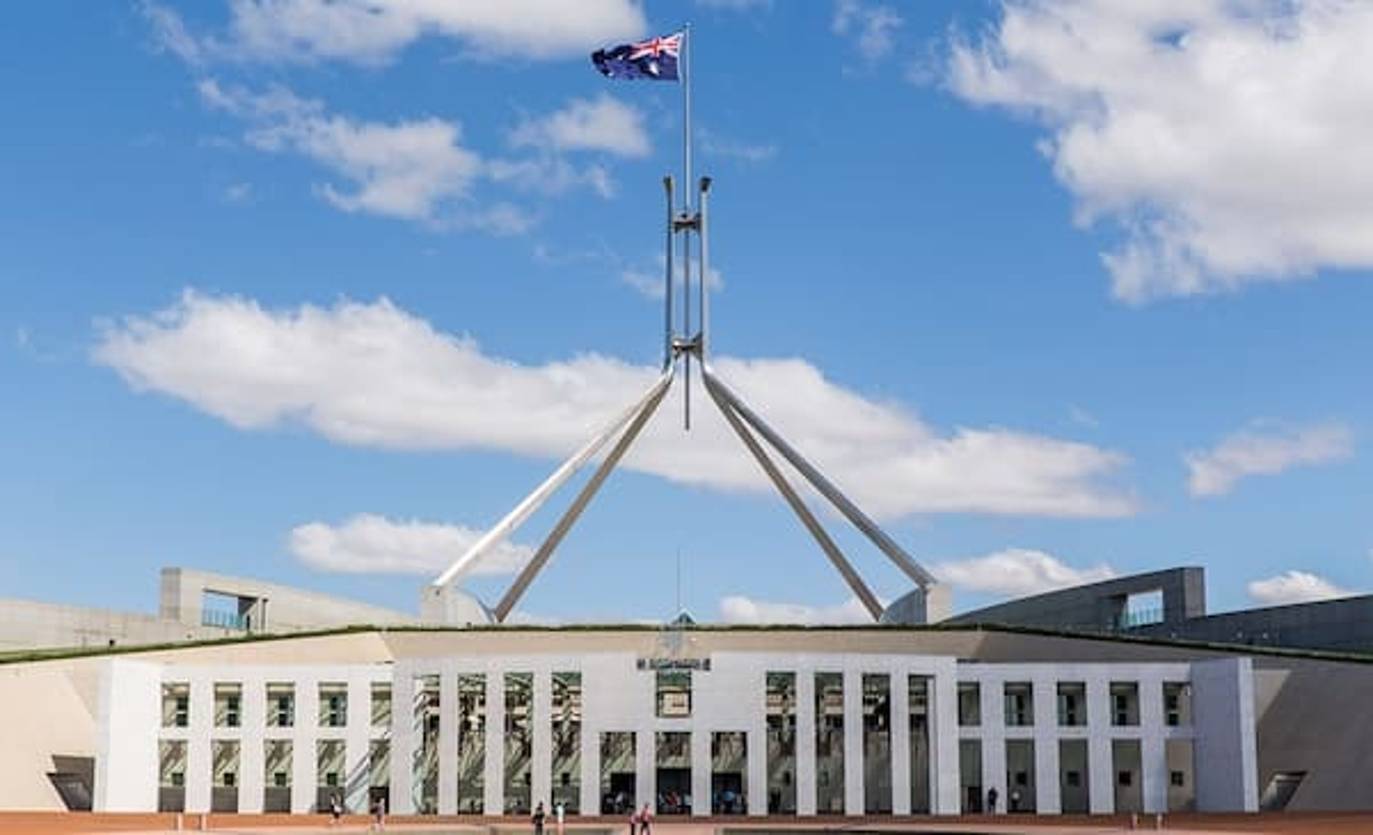The Australian Information Industry Association (AIIA) has welcomed the ongoing revolution in the information industry, recognising its potential to redefine Australia’s competitive landscape.
The AIIA is supporting Prime Minister Anthony Albanese’s announcement of a Future Made in Australia Act (FMiAA), noting the importance of investing in long-term sources of national income, jobs and thus, alleviation of cost-of-living pressures.
Prime Minister Anthony Albanese says Australia must stay in the “global race” for jobs, as he prepares to detail a taxpayer-funded incentive scheme for advanced manufacturing and clean energy projects.
The “Future Made in Australia Act” will seek to compete with US President Joe Biden’s massive spending plans under the US Inflation Reduction Act.
Mr Albanese said it would consolidate existing efforts under one banner, including Hydrogen Headstart, Solar Sunshot and the government’s $15 billion National Reconstruction Fund.
According to the AIIA it’s keen to see more strategic support that would help scaleups commercialise their enabling ICT solutions – including AI, robotics, and IoT – alongside clean energy technologies manufacturing,
In its 2023 Tech and Sustainability whitepaper, the AIIA highlighted numerous case studies of clean energy technologies and smart manufacturing practices from its members and expert interviews that showed how AI, robotics and automation transformed the advanced manufacturing industry.
This AI-enabled industry 5.0 bodes well for reducing the carbon footprint of advanced manufacturing and other industries. For this reason, Australia cannot remain as just an AI consumer but must also be part of enabling AI development and commercialisation.
Retained Economic Benefit and the importance of international partnerships.
The AIIA agrees that the focus is in leveraging existing Australia’s competitive advantages and “not old-fashioned protectionism or isolation.” As in its submission to “supporting the development of sovereign capability in the Australian technology sector.
It also emphasises the continued importance of considering the value of enduring “positive externalities” created from an international vendors’ proposal, such as job creation, local wealth creation, technology transfer and propensity to reinvest revenue domestically, especially in local Research & Development activities and Intellectual Property creation.
In the AIIA’s pre-budget submission, it noted the importance of a focused and transformative ICT strategy and industry policy that can be implemented across election cycles. It believes the FMiAA can provide the required stability and continuity in government support and investments.
There have been substantial opportunity costs to the economy when government technology sector focused strategies and consultations were subsequently abandoned, often due to changes in government during our short election cycles.
Not only does this add to the confusion and frustration within the technology industry and result in wasted efforts and missed opportunities in Australia, the economy is seeing a decline in skills development, critical technology adoption and productivity benefits.
For example, despite a public submission process to develop the AI Strategy and Action Plan in 2020 and the 2021 federal budget allocated $121 million to a series of AI projects, it was naturally disrupted by the results of the last election.
The majority of the funding was not spent and Australia fell further behind its overseas counterparts, becoming next to last on international AI adoption lists. There have also been a series of delays in the national plans for quantum, and robotics.
“At the AIIA, we have warned that numerous overseas jurisdictions have already transformed their economies to build competitive advantage and Australia is falling behind, especially in the use of AI to boost productivity,,” said AIIA General Manager, Policy and Media, Ms Siew Lee Seow
“Just as Australia needs to invest in new clean technology manufacturing industries, it will also need to invest in enabling ICT technologies to optimise those industries,
“Information industry revolution is the key to economic prosperity and has been for years. Apart from the continuity of Government support and investment in FMiAA, we are also keen to see them reaching the industry promptly,,”
”We look forward to working with the Albanese Government to build a healthy digital ecosystem, generating a vibrant and sustainably strong economy. Failing to find new sources of revenue and jobs will mean Australians will be stuck – deeper – in cost of living issues for decades to come,” she added.
With the recognition of the transformative power of technology and innovation, coupled with the government’s commitment to fostering homegrown talent and industries, Australia stands poised to carve out a leading role in the global digital economy.
The Future Made in Australia Act (FMiAA) signifies not just a policy initiative, but a bold declaration of intent to harness the potential of technological advancement for the betterment of the nation
In a pre-emptive strike against critics who would argue against taxpayer funds being spent, Mr Albanese will make the argument that Australia’s partners are “moving to the beat of a new economic reality.”
Ahead of the federal budget on May 14, the prime minister will argue the policy complements other measures, such as revised income tax cuts, to improve productivity across the country.







